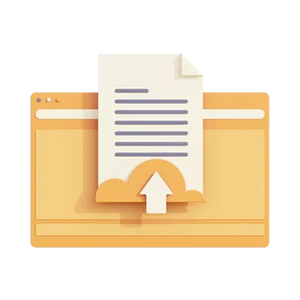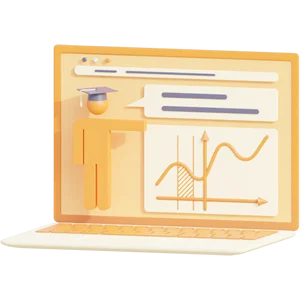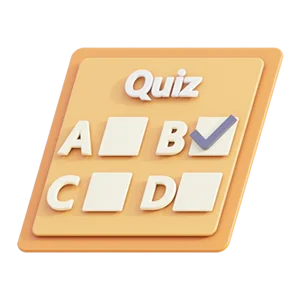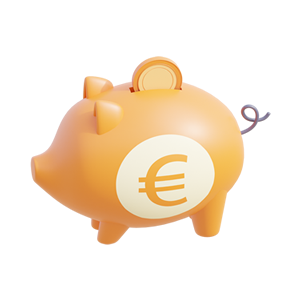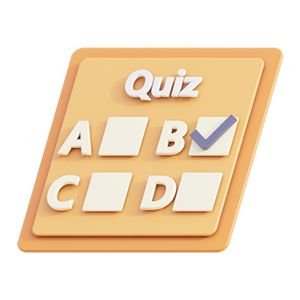English Vocabulary Unit 35-66
Market Leader Book English Vocabulary Unit 35-66
Preview samenvatting (3 van de 19 pagina's)
Voordelen van Knoowy
€ 5,99
 Niet tevreden? Geld terug
Niet tevreden? Geld terug
 Document direct te downloaden
Document direct te downloaden
 € 0,50 korting bij betalen met saldo
€ 0,50 korting bij betalen met saldo
-
 Ontvang gratis oefenvragen bij document
Ontvang gratis oefenvragen bij document

Specificaties
- School: Saxion
- Opleiding: Hoger Hotelonderwijs
- Vaknaam: Business English 1
- Alle documenten voor dit vak ›
- Studiejaar: 2017
Document
- Rubriek: Samenvattingen
- Gemaakt op: 12-01-2021
- Type: .pdf
- Pagina's: 19
- Taal: English
Tags
Verkoper
Verdienen aan je samenvattingen?
Vakken van Hoger Hotelonderwijs - Saxion
Meer Hoger Hotelonderwijs ›academic review bedrijfseconomie business accounting & finance business english 1 connected leadership engels english 1 english 2 gastvrijheid wereldwijd hotelmanagement hots hotelgame juridische aspecten van hotelmanagement kennismaken met onderzoek management & organisatie management en organisatie marketing 2 marketing a - industry dynamics portfolio marketing for hospitality and tourism ondernemen in hotelmanagement organizational behaviour professionele ontwikkeling rapporteren wereld van hotel management wereld van hotelmanagement wijnkennis, wereld van hotel
Al meer dan 146.000 tevreden studenten
-
Nina
Zeker aan te raden! Je kunt direct leren en het scheelt je veel tijd! Zelf documenten uploaden, dan hoeft het je ook geen geld te kosten.
-
Marlou2008
Ik vind het een hele fijne website, het heeft mij goed geholpen met leren.
-
SjuulGitmans
Knoowy biedt een prima service voor studenten, en keuze genoeg qua aanbod.
-
Anna
Op Knoowy help ik andere studenten met mijn samenvattingen. Ik help hiermee anderen en leer er zelf ook nog ontzettend veel van.
-
Rachellemeekel
Zeker kijken of er een samenvatting bij staat voor een vak waar je moeite mee hebt, het helpt echt met leren en de prijs is prima.
-
Studentsonly
Knoowy is voor ons een extra verkoopkanaal; documenten kopen waar en wanneer je wil.
-
Shiva78
Ik vind oefenvragen super en ben er paar keer per week mee bezig om te oefenen. Het zou fijn zijn om nog meer van dit soort vragen te kunnen kopen. Ik oefen altijd op de website zelf.
-
Mum
Prettig en duidelijke website. Je kunt altijd wel een samenvatting vinden die aansluit bij wat je zoekt.
 Actie: ontvang 10% korting bij aankoop van 3 of meer items!
Actie: ontvang 10% korting bij aankoop van 3 of meer items!
Actie: ontvang 10% korting bij aankoop van 3 of meer items!

